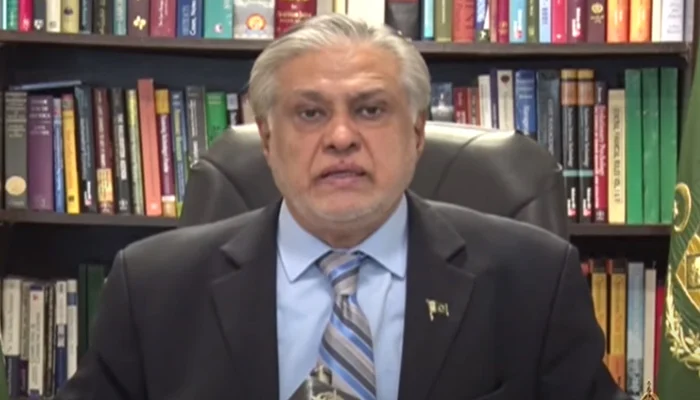Business
IMF deposits $1.2 billion into SBP’s account: Ishaq Dar
-

 Latest News3 days ago
Latest News3 days agoPIA-Mora Agreement Regarding Hajj Flights: PIA Will Offer Travel Services to 35,000 Hajj Pilgrims Under Government Program
-

 Business3 days ago
Business3 days agoPIA Privatization Is Referred to the Cabinet Committee by the Privatization Commission Board Meeting
-

 Latest News2 days ago
Latest News2 days agoUnlawful VPNs: Terrorists Utilize Unregistered VPNs to Disseminate Propaganda
-

 Business3 days ago
Business3 days agoPetrol prices are expected to experience another increase in Pakistan.
-

 Latest News3 days ago
Latest News3 days agoDeputy Prime Minister Speaks at COP-29 Summit: Pakistan Needs $348 Billion to Become Climate Resilient by 2030
-

 Entertainment3 days ago
Entertainment3 days agoAamir Khan declared his retirement from the film industry.
-

 Latest News3 days ago
Latest News3 days agoPCB questions ICC on India’s reluctance to participate in the Champions Trophy in Pakistan.
-

 Latest News3 days ago
Latest News3 days agoAhsan says all available resources should be used to eradicate smog at the air pollution meeting.

























